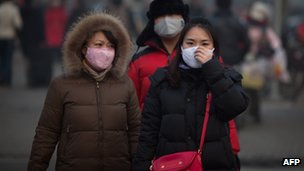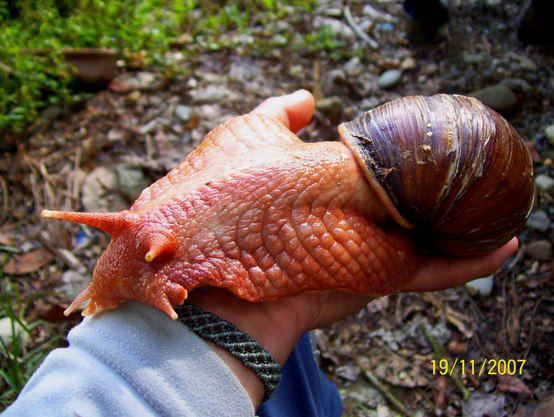
Amazing, isn’t it? 🙂 It’s one of the examples of Giant African land snails – they are very popular in Western world, so that they are always confiscated at airports. (more…)
Archive for the ‘biodegradation’ Category
Eco News #39 – Giant African Snail
February 13th, 2013Mogotes in China and Cuba :)
February 8th, 2013Ok, so last time we asked a question about the location of where this photo was taken.
We got some right answers 😉 :

What we did not know, is that this is where the movie Mummy 3 was filmed – nice to know, MalcomSparrow! 😀
These beautiful rock formations are called mogotes and there are very many of them in China. (more…)
Things you may not know about Venezuela’s falls – The Angel Falls
February 3rd, 2013Some interesting facts about very famous Venezuela falls, The Angel Falls. 🙂
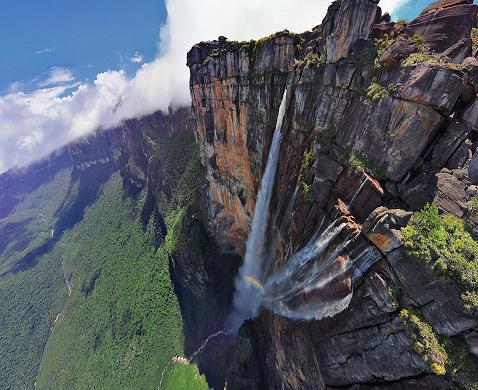
1. Their names come from an American pilot, Jimmy Angel, who crashed his plane near the top of the falls. (more…)
Eco News #37 – The LifeStraw
January 25th, 2013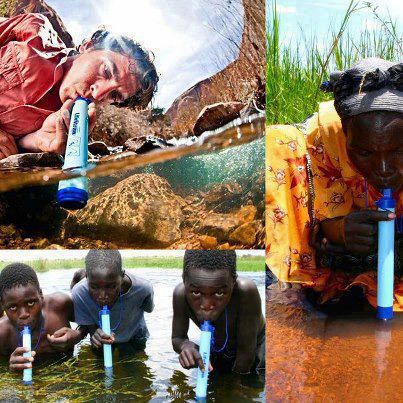
This device you see here is called The LifeStraw. On the issues of ecology and environment – it’s the newest invention which is able to remove at least 99.99999% (how did anyone calculated that? 😉 ) of bacteria living in the water. (more…)
Eco News #36 – Beijing, China: Air pollution hit critical level
January 22nd, 2013It was recently reported that air pollution in Beijing, the capitol of China reached very dangerous level, according to World Health Organization (WHO).
The air is said to have the taste of coal dust and car fumes, which are the main sources of pollution in China.
EcoNews #35 – giant squid filmed for the first time
January 13th, 2013Hi Greenzoners!
Ocean depths for many years have been the object of mysteries and speculations. One of the most famous inhabitants of deep waters – the giant squid – has been one of the most interesting species on the planet.
Eco News #34 – Mandarin duck
January 10th, 2013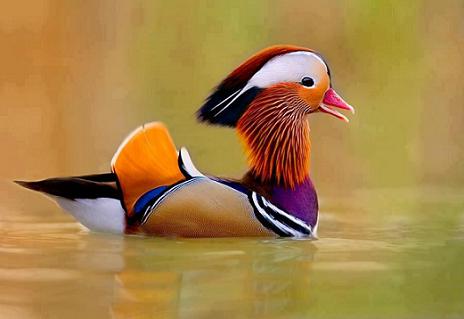
This particularly pretty and colourful bird is the Mandarin Duck. (more…)
Eco News #33 – Antarctica Warming
December 23rd, 2012Hello there Greenzoners!
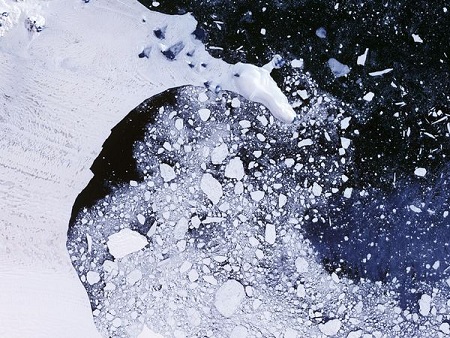
One of the largest shelves of Antarctica is called Larsen B – and in a period of over 35 years it has lost over 2000 square kilometers and it’s still declining, mostly because of rising temperature. Antarctica consists of more than 2/3 of Earth’s freshwater supply, which makes ocean levels to rise .
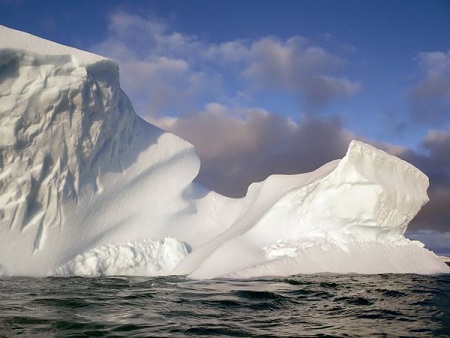
Scientists are aware that the warming of Antarctica may affect the population of penguins, whose homes and habitats are being threatened.
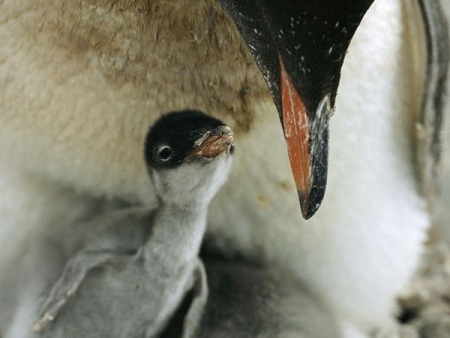
Pictures by National Geographic.
Eco News #32 – The goblin shark
December 13th, 2012Hi Greenzoners! Spooked already? 😉
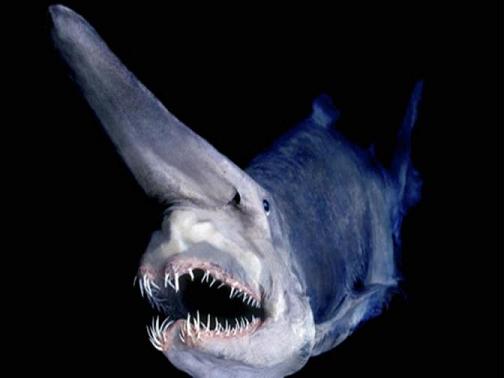
This terrifying by appearance creature here is the goblin shark – very rare species of deep water animal. They are found in a water deeper than 200m or on the surface, dragged up by deep sea fishers.
Their characteristic feature is head strangely shaped and retractable jaws. (more…)
 Greenzoner.com
Greenzoner.com